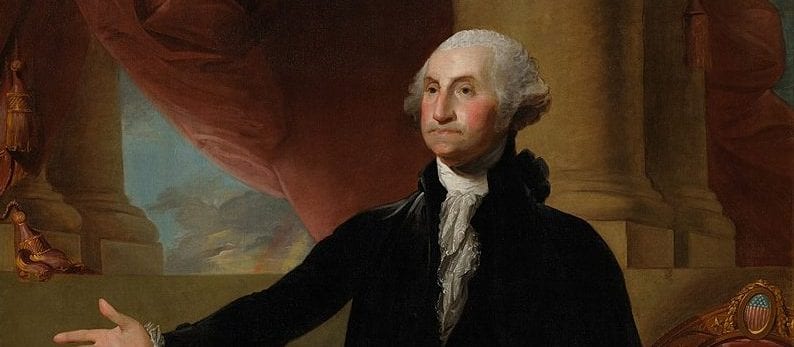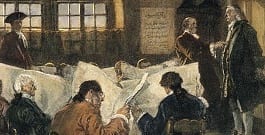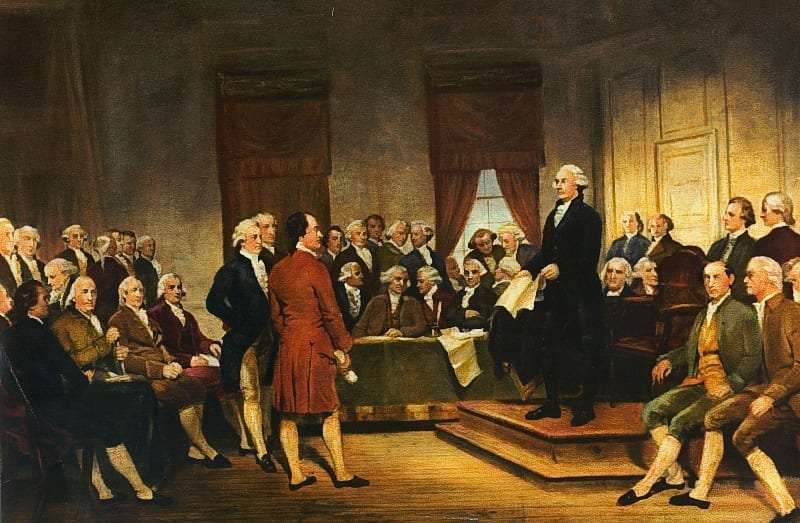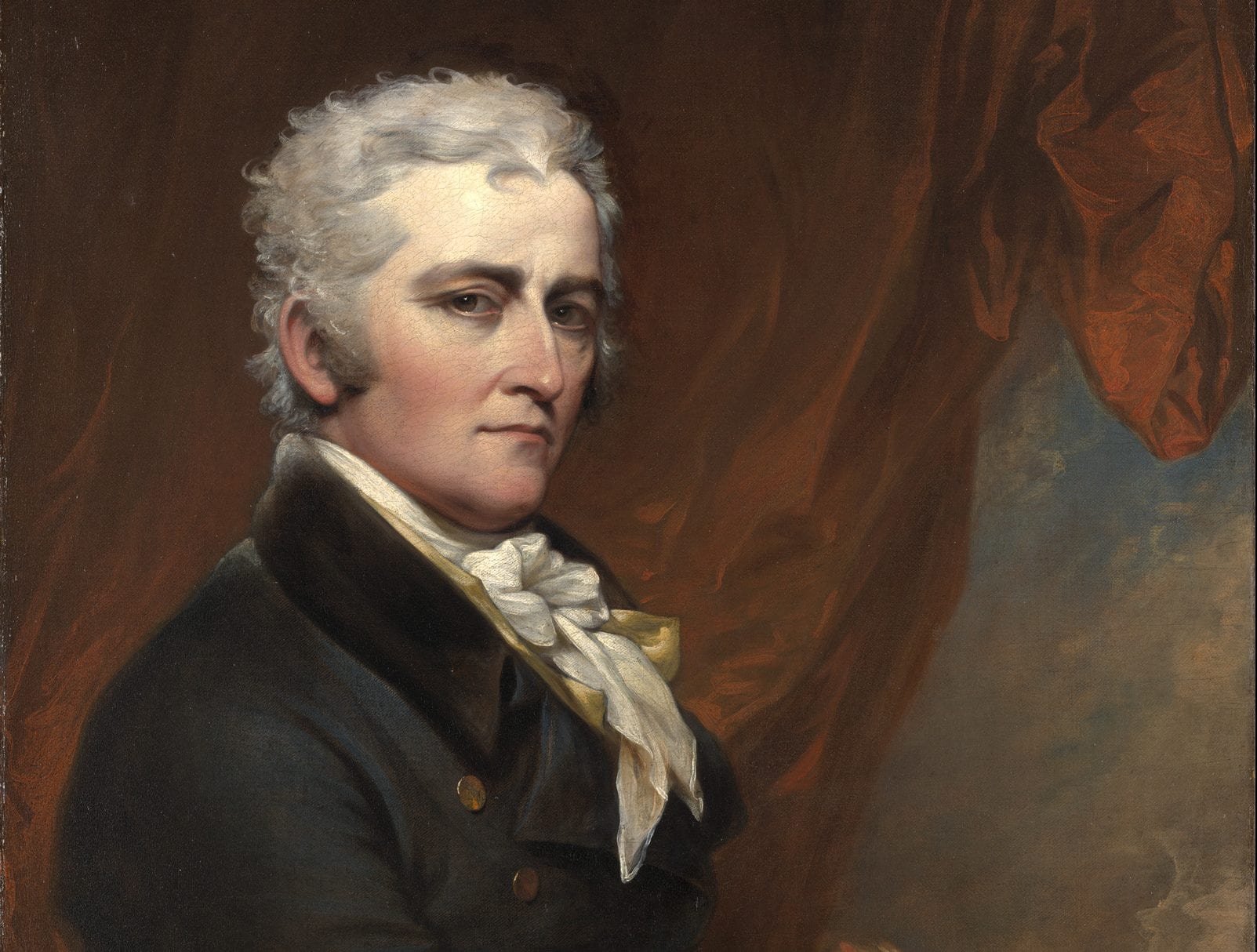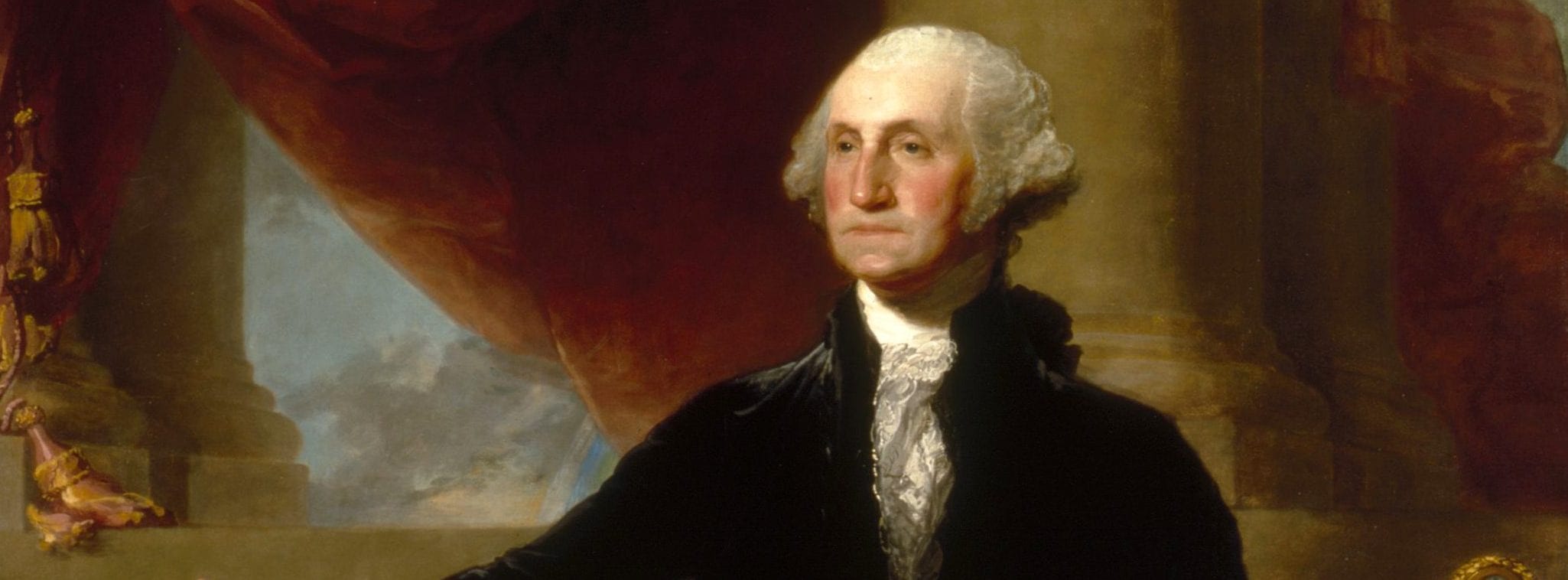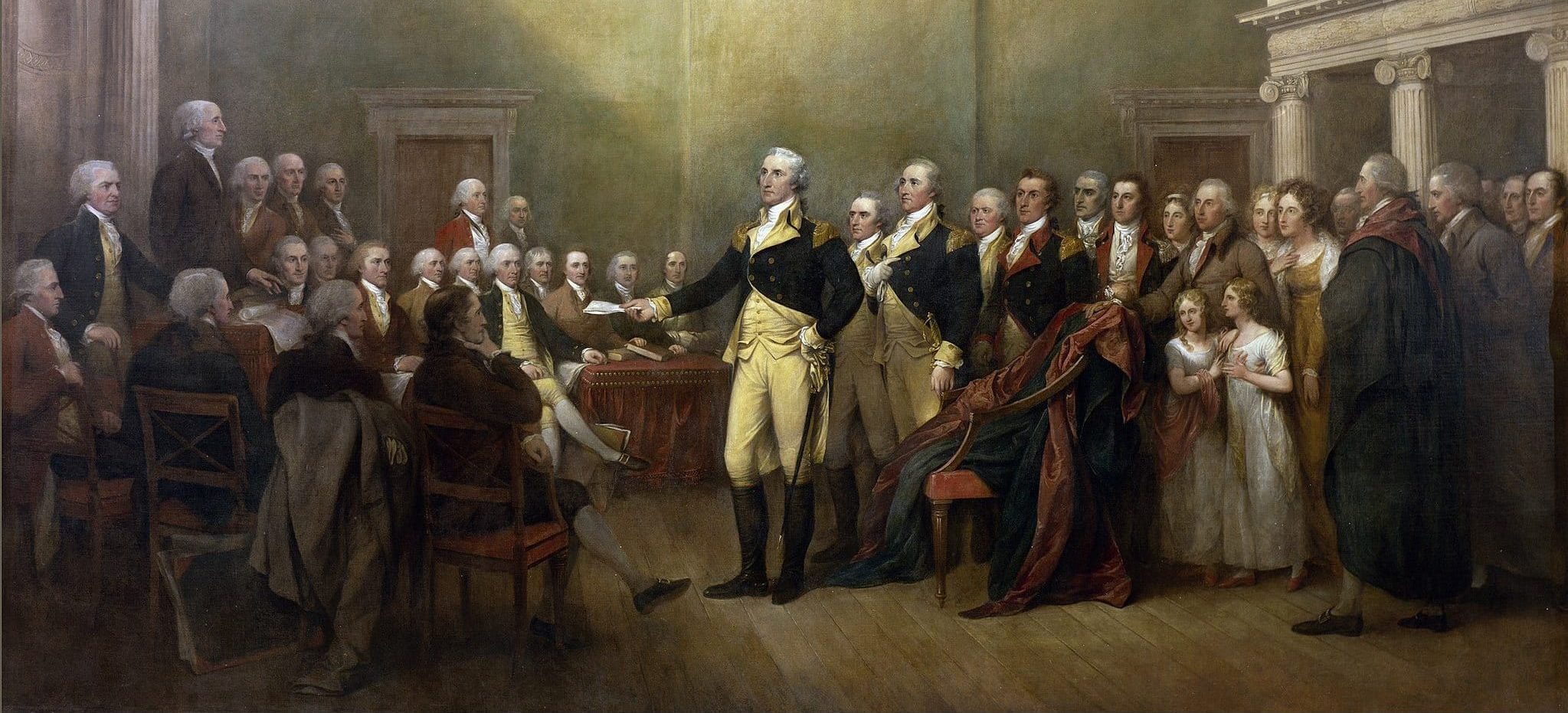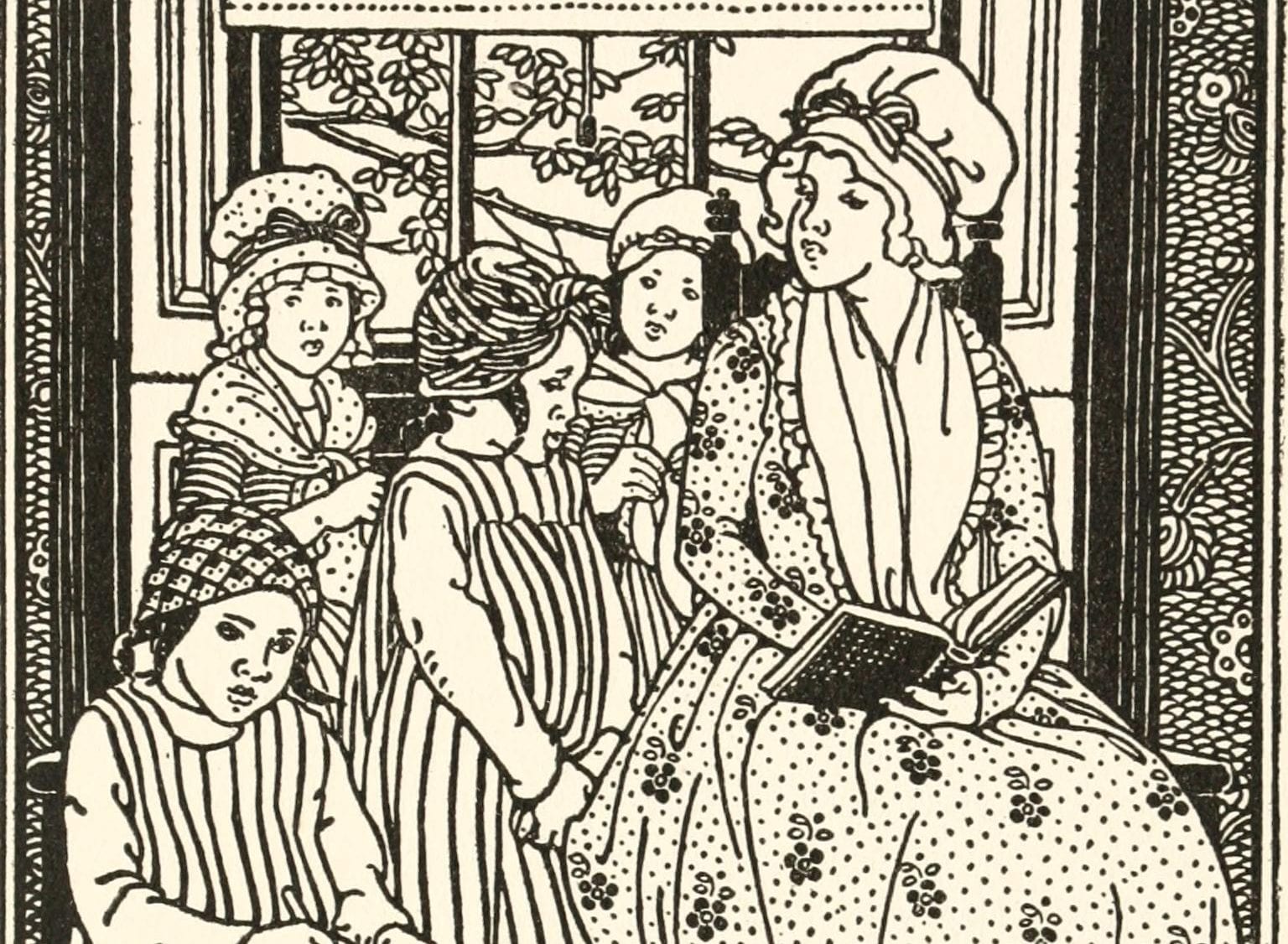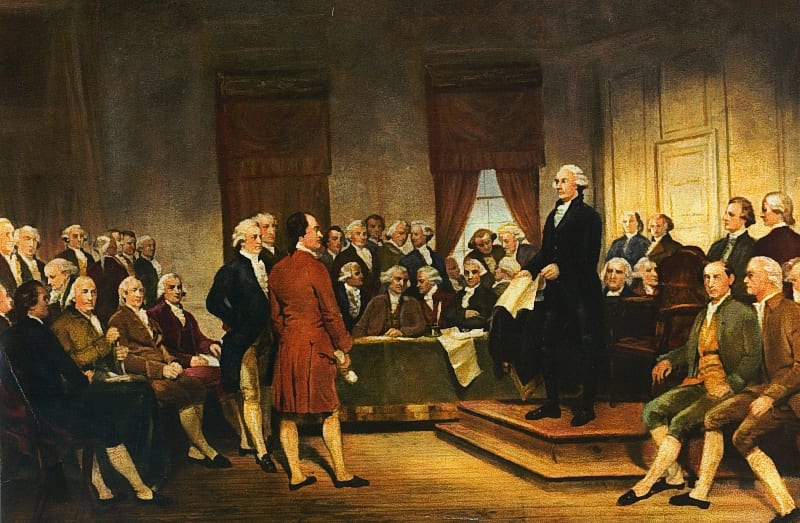Sir, in Mr. Child’s Daily Advertiser of the 13th inst. a publication appeared, which is said to be a speech delivered by you to the citizens of Philadelphia, and intended to explain and elucidate the principles and arrangements of the constitution formed by the Foederal Convention for the United States, and submitted to public consideration.–When this performance was announced, as the first authoritative explanation of that system, it was read with avidity–by its advocates, because they were prejudiced in its favor, and possessed the fullest confidence (from your supposed abilities) that the objections raised against it would be refuted–by its opponents, because they were anxious to know what could be alledged in its favor–the former are disappointed and mortified–the latter ridicule the feeble attempt, as leading only to a discovery of the source from which the defects originated; for, from the text and comment it would appear, that you had a principal agency in the business.–Your address is confined to the citizens of a partial district, but the subject affects the happiness of America; it is therefore open to the examination of every citizen, and I shall make no apology for troubling you with the following animadversions.
You have prefaced your refutation (as you term it) of the charges alledged against this new system, by a discrimination between the state constitutions and the one under consideration. To prevent mistakes, I shall take the liberty to recite it in your own words–“When the people established the powers of legislation under their separate governments, they invested their representatives with every right and authority which they did not in explicit terms reserve; and therefore upon every question respecting the jurisdiction of the house of assembly, if the frame of government is silent, the jurisdiction is efficient and complete. But in delegating foederal powers, another criterion was necessarily introduced, and the congressional authority is to be collected not from tacit implication, but from the positive grant expressed in the instrument of union. Hence, you add, it is evident, that in the former case every thing which is not reserved is given, but in the latter, the reverse of the proposition prevails, and every thing which is not given is reserved.”
As it is upon the truth of this distinction, which carries with it, at first blush, a degree of plausability, that you rest the defence of this constitution, in omitting a bill of rights, and particularly a stipulation for the security of the freedom of the press, it is proper that it should be carefully examined. Is there any thing in the nature of the two cases that will justify this discrimination? Do they not both depend on compact, and receive their sanction from the people, as the source and origin of all political power? Can the reasonable mind conceive of a compact granting what is not expressed in it, incident to, and necessary to the execution of the power given, or implied under the general terms in which they are expressed? certainly not; and the contrary would suppose, that the power was derived from the rulers, and not from the people–but in both cases the powers conferred will be considered as efficient, as far as the nature of the compact extends. It clearly follows then, that the criterion, you mention, was not necessarily, or naturally, introduced, and it only remains to examine, whether it depends upon stipulation.
In forming our present confederation, it was declared, “that each state shall retain its sovereignty, freedom, and independence, and every power, jurisdiction, and right, which is not by that confederation expressly delegated to the United States in Congress assembled.” This declaration would have been idle and useless, if the position, you state, was founded in fact–Is there any such stipulation to be found in this new constitution? there is not–But let us investigate this subject a little farther–let us compare it with the sense of the framers, as expressed in the instrument itself–this, perhaps, is the truest test. There are extensive powers of legislation granted to this new government-it would be needless, in me, to enumerate them; but there are also several exceptions made against the exercise of certain powers.–Now, according to your doctrine, unless these powers which are excepted were expressly Granted; the exceptions would be “superfluous and absurd.” For brevity sake, I shall instance one of those exceptions only. “It is provided, that no title of nobility shall be granted by the United States.” Is this power expressly given to Congress by the new constitution? if it is not, then the exception must be to guard against an incidental or implied power.–And hence it clearly follows, that the framers of this new government, so far from adopting your construction, as to the origination of congressional power, adopted the very principle that you have laid down with respect to the individual states.
But in order the more fully to evince the fallacy of your observations, I must claim the liberty of quoting some other parts of your address.–You observe, “If indeed a power, similar to that which has been granted for the regulation of commerce, had been granted, to regulate literary publications, it would have been as necessary to stipulate, that the liberty of the press should be preserved inviolate, as that the impost should be general in its operation.” But you assert as a fact, “That the proposed system possesses no influence whatever upon the press;” and thence infer, “That it would have been merely nugatory to have introduced a formal declaration upon the subject; nay, that very declaration might be construed to imply, that some degree of power was given, since it was undertaken to define its extent.” Now it will be proper to enquire, whether the fact, from which you have drawn your inferences, is well founded. Does this constitution possess, as you assert, no influence whatever upon the press? Is there not a provision in it, “to secure for a limited time to authors and inventors the exclusive right to their respective writings and discoveries.” I do not mean to call in question the propriety of this provision, but I would ask, whether under it the press may not be considered subject to the influence and controul of this government?–Will it be denied that this power includes in it (in some measure) that of regulating literary publications? certainly it cannot, unless we suppose what would be very absurd, “that authors, who are to be secured the exclusive right of their writings, are at the same time to be deprived of the use of the press.” This then, being the case, it clearly follows, and you have admitted it, that a stipulation for preserving inviolate the liberty of the press was necessary and proper.–And hence too it evidently appears, that the silence, which is observed on this interesting subject, was not occasioned by the extremely delicate consideration to which you attribute it. To what cause then is the omission, and your attempts to decieve your fellow citizens, to be ascribed?–The press is the scourge of tyrants and the grand palladium of liberty.
I shall reserve the remarks I intend to make on the remainder of your speech for future letters, but before I close the present, permit me to ask, whether the formal declaration, that no title of nobility shall be granted by the United States, is to be construed to imply, that some degree of power is given to introduce a nobility? and whether America (as it would appear you are deep in her councils) among the other great blessings she may derive from the adoption of this new constitution, may expect (by the permission of Congress) to be favored with a foreign or self-created nobility.








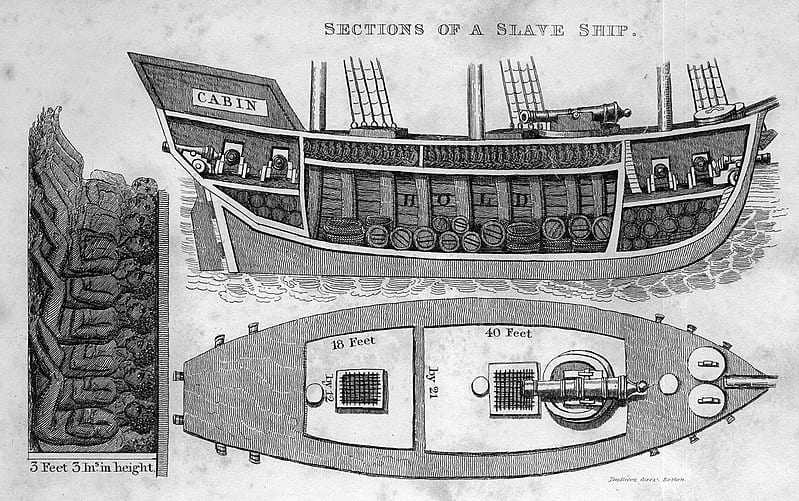







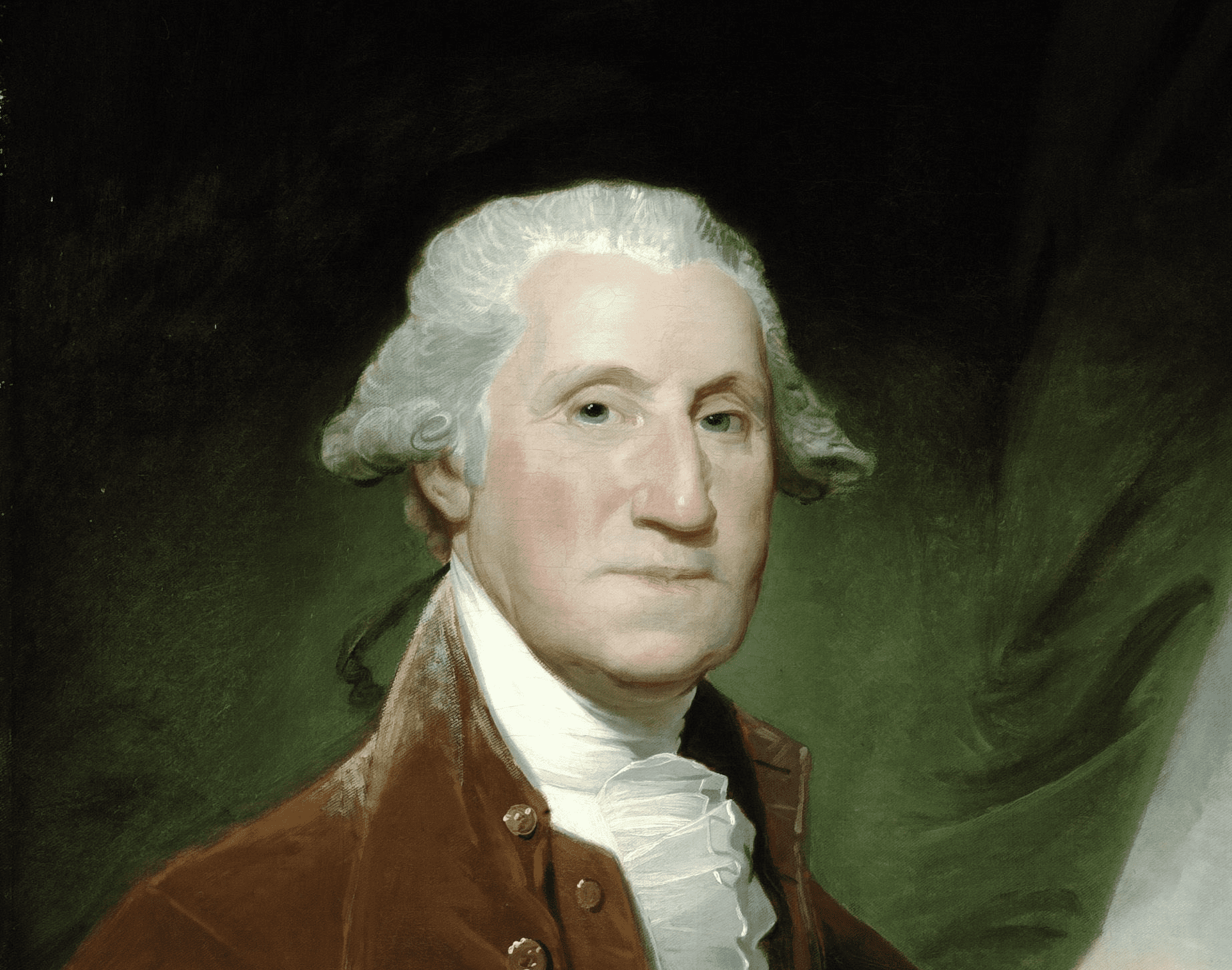
















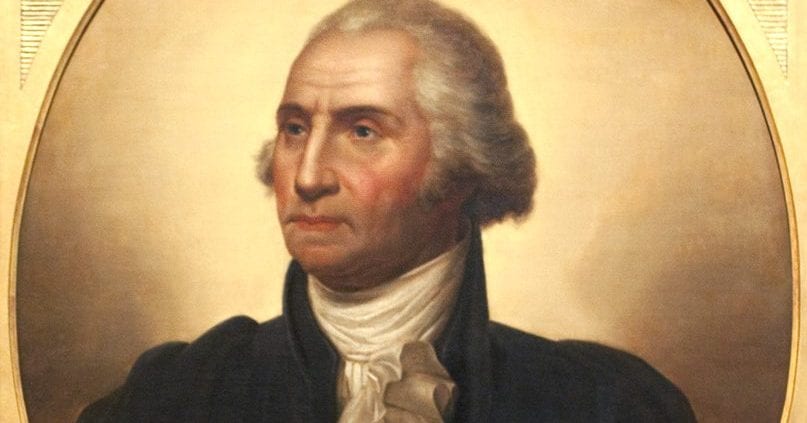


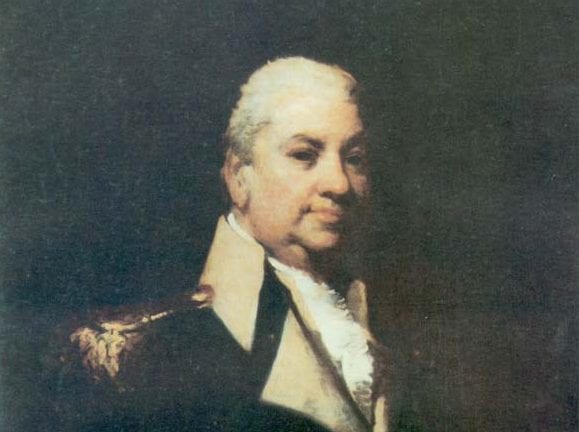




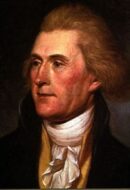














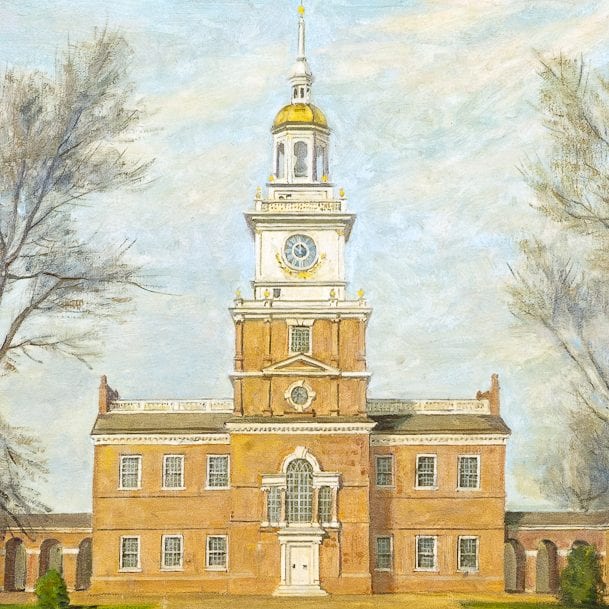

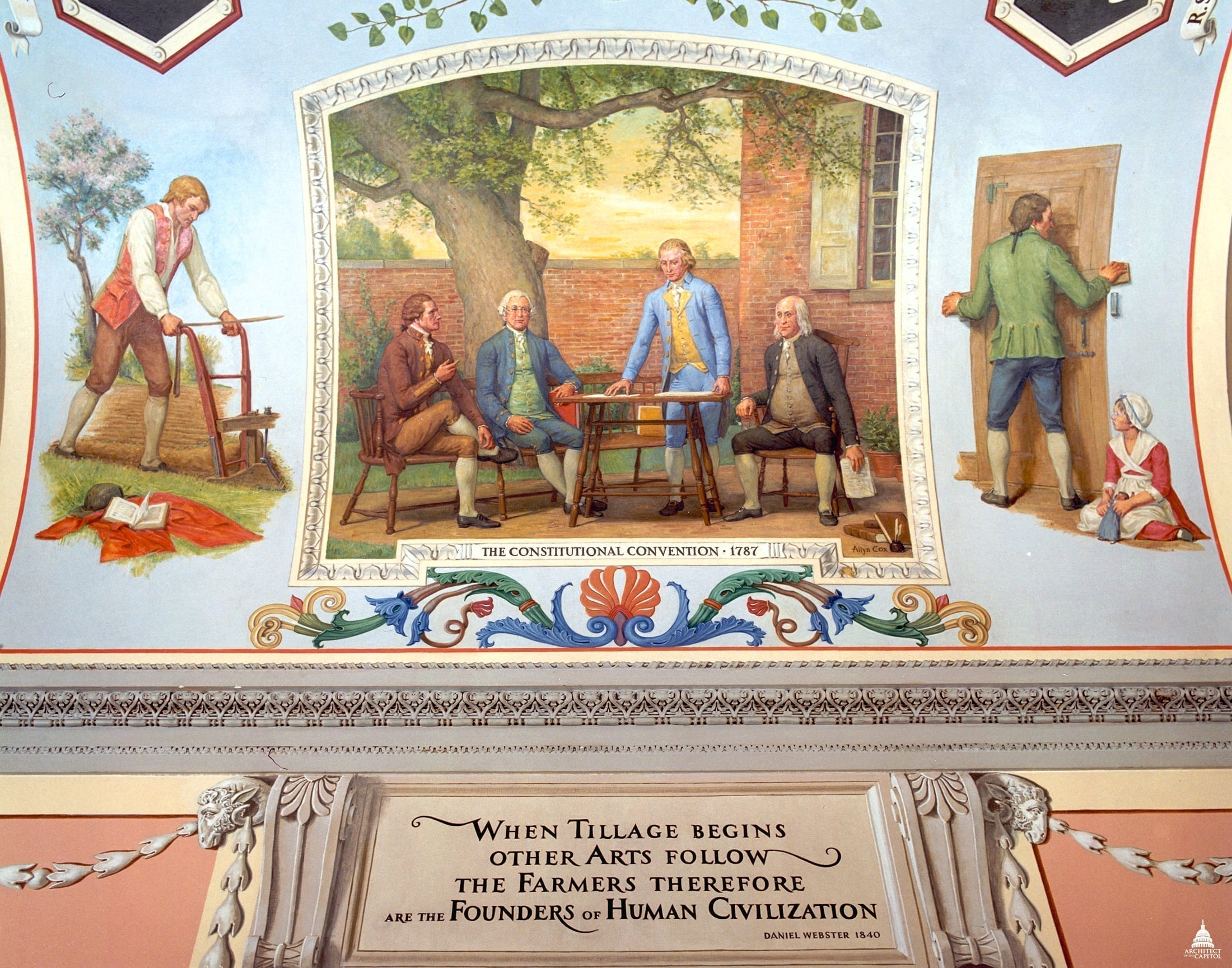

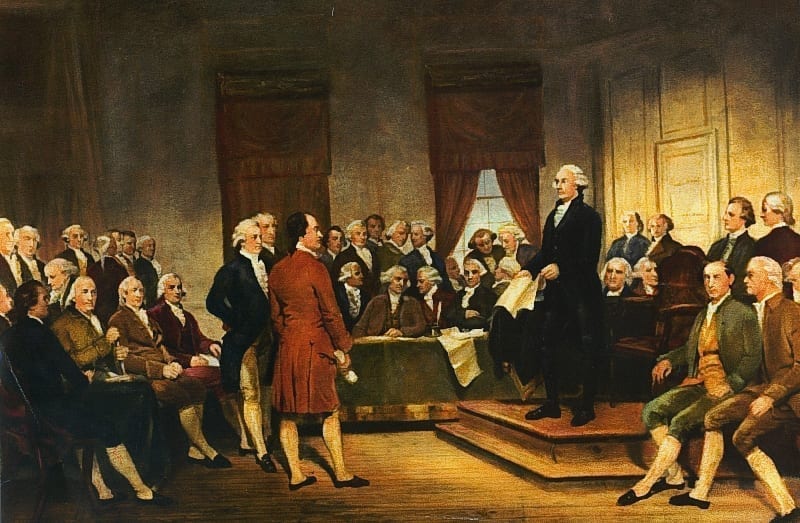



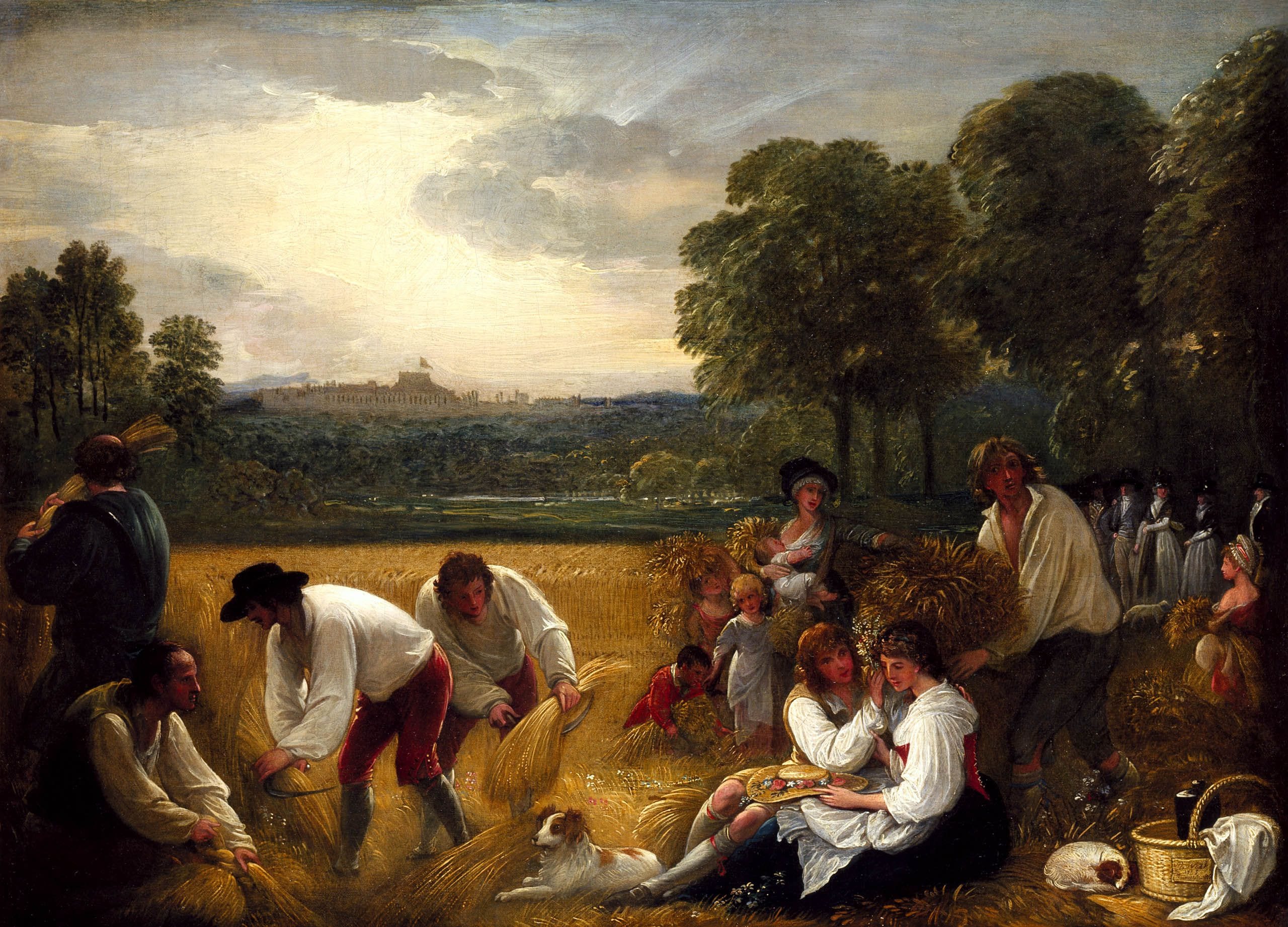


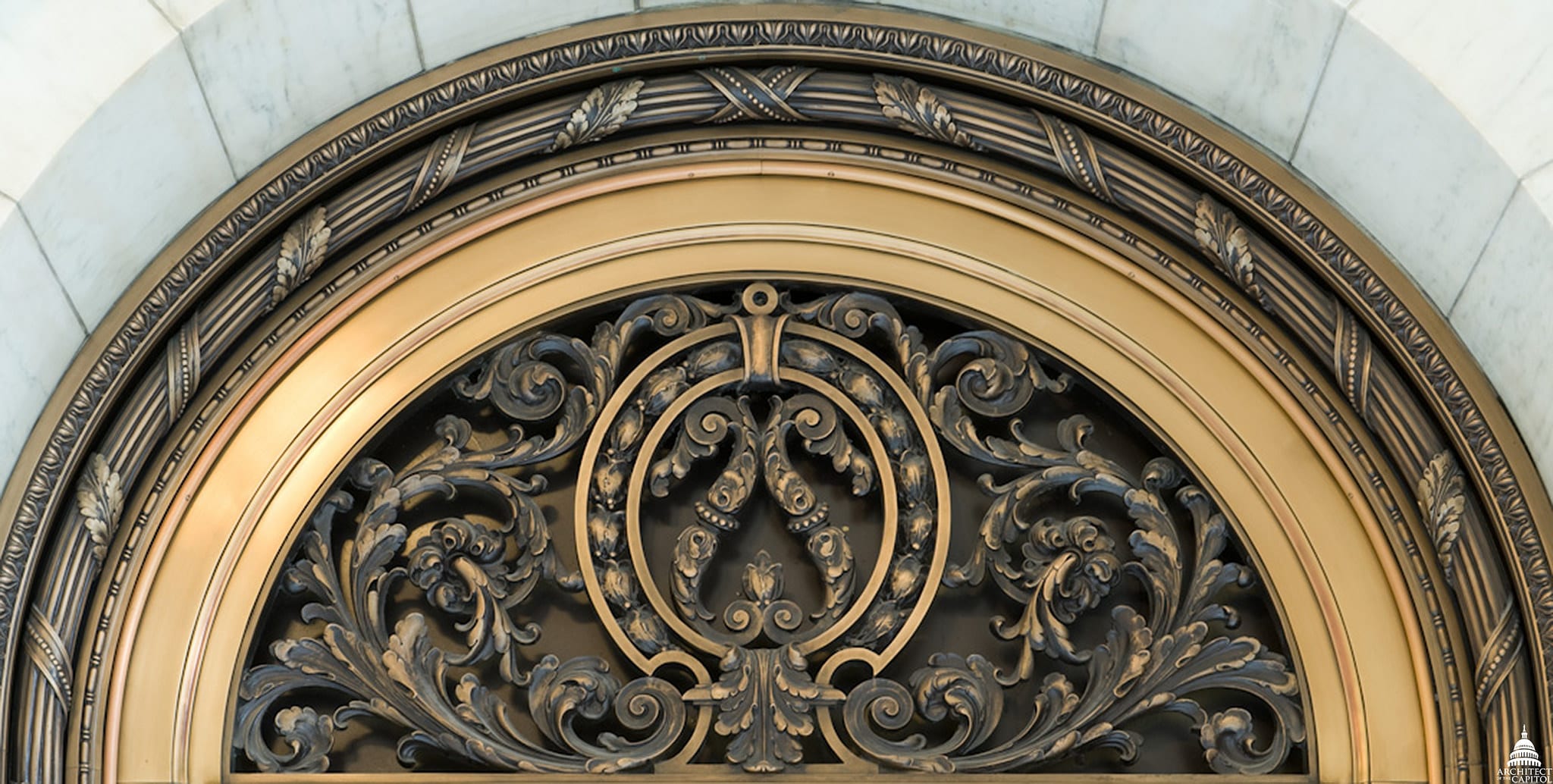













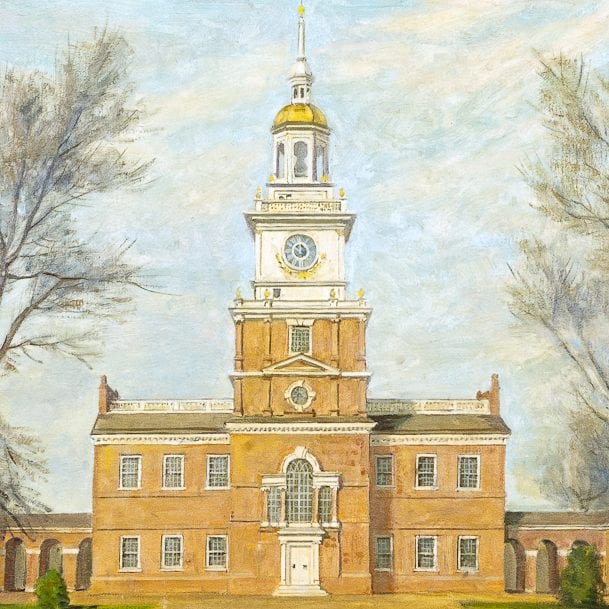
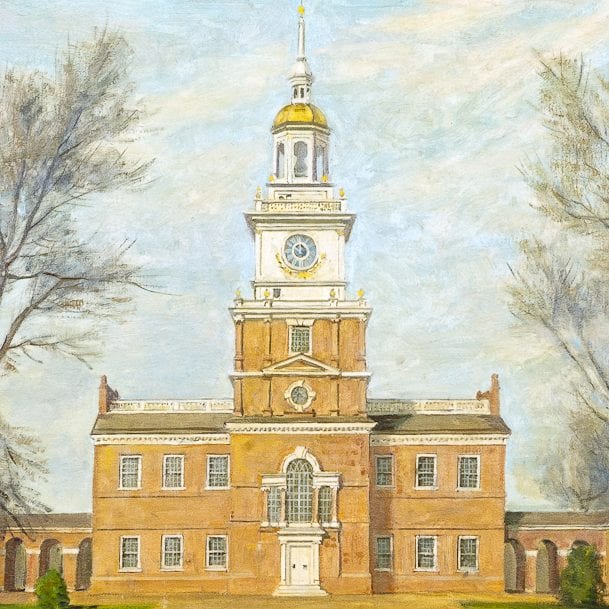

































































































![Finley, A. (1829) Pennsylvania. Philada. [Map] Retrieved from the Library of Congress, https://www.loc.gov/item/98688548/.](/content/uploads/2024/02/Map-of-PA--273x190.jpg)






































